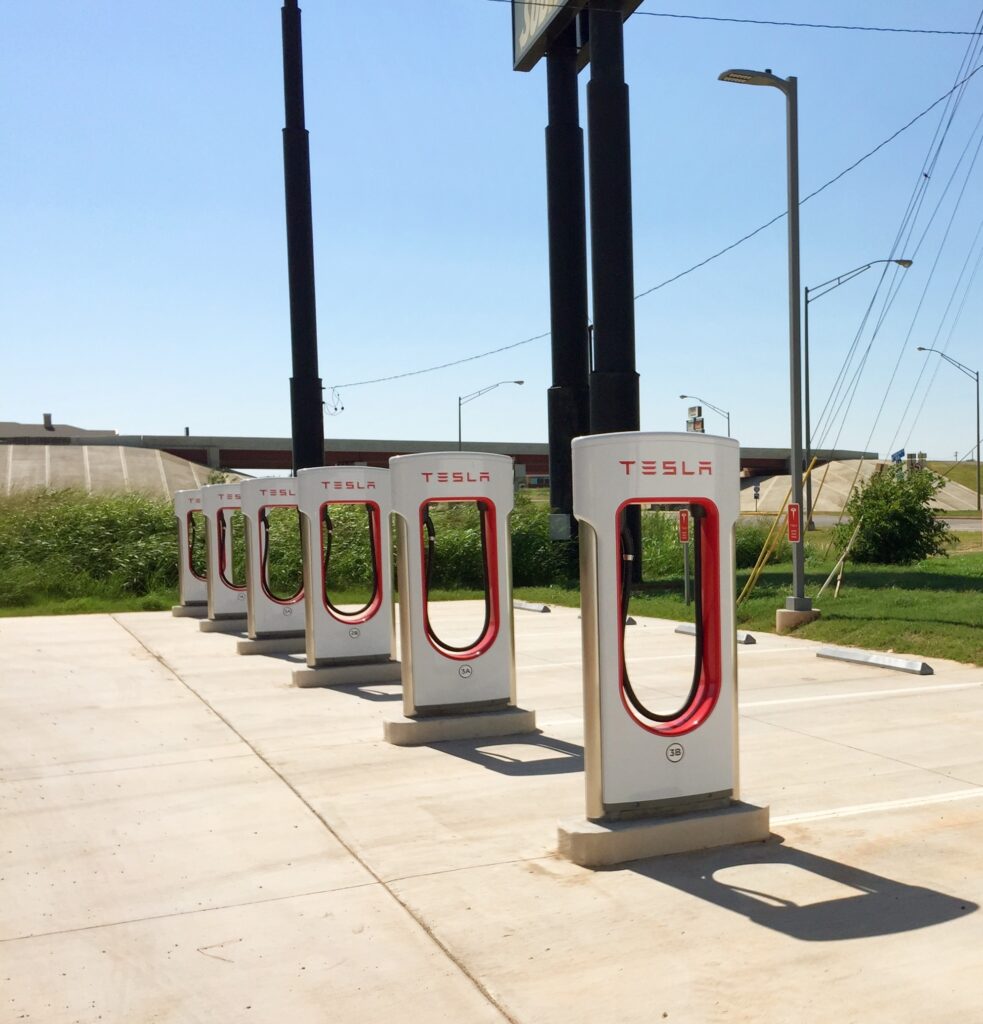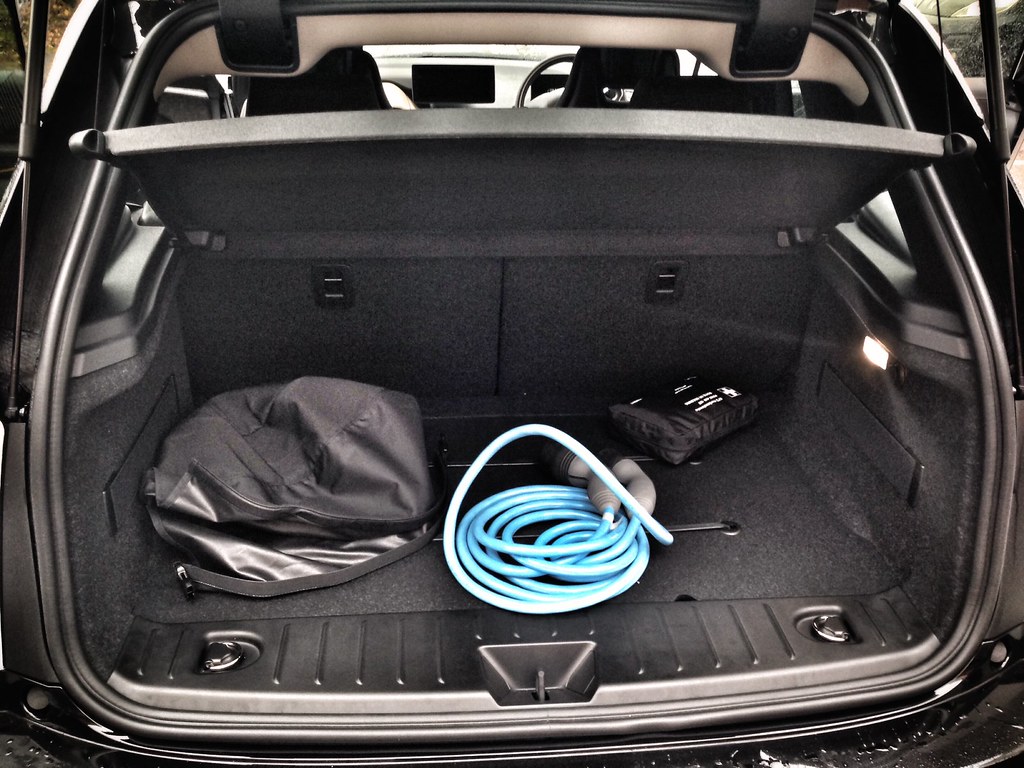
Range anxiety has become a common term encapsulating the hesitation many potential electric vehicle (EV) buyers feel, stemming from fears of running out of battery before reaching their destination or a charging station. This concern is valid for those accustomed to the quick refueling of gasoline vehicles, but in today’s market, should we still be worried? Recent statistics suggest that the landscape is changing, and perhaps the fear is becoming less relevant.

1. **Misconceptions About Range**: Research shows that electric vehicles often surpass the daily travel needs of most drivers, with a study of over 632,000 vehicles in Europe revealing that 80% of drivers travel less than 100 kilometers each day. Given that the average electric vehicle can cover over 300 kilometers on a single charge, it becomes evident that for most drivers, their daily commuting needs are easily met, challenging the misconception that range is a significant barrier.

2. **Changing Attitudes of EV Drivers**: Initially, about 65% of new electric vehicle owners experience range anxiety; however, this concern generally fades significantly over time. After several months behind the wheel, most drivers report feeling a newfound comfort and confidence in their vehicle’s range, illustrating how hands-on experience can play a critical role in transforming perceptions and alleviating fears.

3. **Technological Advances in EV Range**: The landscape of electric vehicle technology is rapidly evolving. Manufacturers are producing models that can travel over 400 kilometers on a single charge, with the Tesla Model S Long-Range boasting an impressive 610 kilometers of range. This increase in range significantly mitigates concerns about running out of power during a trip.

4. **Charging Infrastructure Improvements**: The availability of charging stations is often a major contributor to range anxiety, but improvements are rapidly underway. By 2020, Europe had established over 200,000 public charging points, averaging 19 fast-charging stations every 100 kilometers along highways, a significant increase that is crucial to easing concerns for prospective electric vehicle buyers.

5. **The Efficiency of Home Charging**: Many electric vehicle owners enjoy the convenience of charging their cars at home, creating a sense of reassurance as they start each day with a fully charged battery. This practice minimizes the need for frequent stops at public charging stations, effectively reducing the pressure and stress associated with range anxiety.

6. **Fast Charging Technology**: The advent of High Power Charging (HPC) technology has revolutionized the charging process. Now, it is possible to fully charge certain EV models in as little as 30 minutes. This rapid charging capability can ease fears about long travel times and improve the overall convenience of owning an electric vehicle.

7. **Government Initiatives and Investments**: To address the demand for comprehensive charging infrastructure, European governments have begun to invest heavily in this area. The introduction of the European Green Stimulus in 2020 aims to promote electric vehicle adoption by funding the expansion of charging networks, a crucial step in alleviating range anxiety for potential buyers.

8. **Changing Social Perceptions**: While technological and infrastructural improvements are vital, social perceptions also play a role in the reluctance to switch to electric vehicles. Research has shown that many consumers are influenced by societal views on electric cars. When these vehicles are perceived as less desirable, it can hinder adoption. Therefore, marketing strategies that emphasize the environmental and social benefits of EVs are essential to shift these perceptions.

9. **Social Influence and Perception**: The choice to switch to electric vehicles is not just about the vehicle itself but is heavily influenced by societal perceptions. Many potential buyers express that social value significantly impacts their decision. If electric cars are viewed negatively by their peers or community, individuals are likely to resist the switch. This highlights the importance of marketing strategies that promote EVs not just as eco-friendly alternatives but as desirable, trendy choices that enhance one’s social status.

10. **The Role of Marketing and Education**: Effective marketing can play a pivotal role in shaping perceptions about electric vehicles. Campaigns that emphasize the benefits of EVs, such as lower operating costs, environmental advantages, and modern technology, can help mitigate concerns about range anxiety. Education is equally important; potential buyers need information about the realities of EV ownership compared to traditional vehicles, addressing both fears and misconceptions.

11. **Workplace Charging Initiatives**: A significant number of drivers are hesitant to switch to EVs due to concerns about charging options. Employers can help ease this anxiety by offering charging facilities at workplaces. Not only does this provide a convenient solution, but it also fosters a culture of sustainability and encourages employees to consider electric vehicles as viable options for their commutes.

12. **Collaboration with Charging Networks**: By forming partnerships between automotive manufacturers and charging network providers, we can significantly enhance the charging options available for electric vehicle owners. Incentives such as discounted charging rates or seamless access to charging stations can increase the attractiveness of electric vehicles, helping to assuage fears about battery depletion during long journeys.

13. **Incentives for Early Adopters**: To encourage the transition to electric vehicles, governments and organizations can provide financial incentives for early adopters. These benefits might include tax rebates, grants for home charging installations, or subsidies for the purchase of EVs. By reducing the initial financial burden, more consumers may feel motivated to overcome their range anxiety and opt for electric models.

14. **Emphasizing Sustainability and Environmental Impact**: As awareness of climate change rises, more consumers are looking toward sustainable alternatives. Emphasizing the environmental benefits of electric vehicles can resonate with eco-conscious buyers. Campaigns that focus on the positive impact EVs can have on reducing carbon footprints may shift public perception, making potential buyers more inclined to consider the switch.

15. **Community Engagement and Events**: Organizing community events that showcase electric vehicles can create direct experiences for potential buyers. Test drives and informational sessions can demystify the technology and address concerns first-hand. Engaging with the community in this manner can foster a sense of trust and reduce the stigma associated with electric vehicles, making them more approachable.

16. **Future Innovations in EV Technology**: The electric vehicle industry is ever-evolving, with future innovations that promise to further mitigate range anxiety concerns. Advances in battery technology, such as longer-lasting and faster-charging batteries, are on the horizon, and staying informed about these developments can boost consumer confidence and increase interest in electric vehicles.

17. **The Shift Towards a Circular Economy**: As we shift toward sustainable practices, the concept of a circular economy gains traction, and electric vehicles have a key role in this transition. By integrating electric vehicles into systems focused on recycling and repurposing, potential buyers may see them as part of a larger solution to environmental issues, enhancing their appeal.

In summary, navigating the evolving landscape of electric vehicles reveals that addressing range anxiety is multi-faceted. Focusing on changing social perceptions, enhancing infrastructure, and promoting community engagement will help pave the way for a future where electric vehicles become a standard choice. As we continue to innovate and educate, we can dismantle the barriers preventing many potential buyers, moving toward a sustainable, environmentally friendly future, one electric vehicle at a time.
Related posts:
Myth buster: Electric vehicle range anxiety is real
The Real Reason Why People Don’t Buy Electric Cars
The inane ‘range anxiety’ argument against EVs





